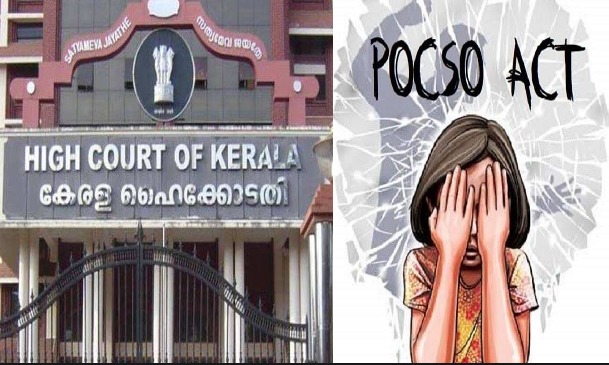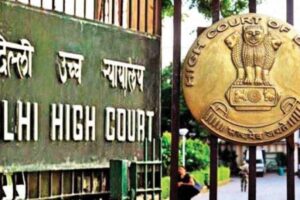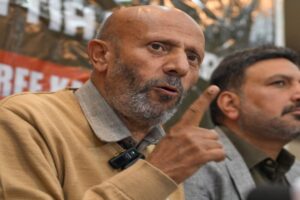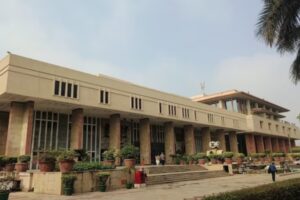
The Kerala High Court recently observed that courts must exercise caution when considering bail applications filed by parents accused of sexually assaulting their own children under the Protection of Children from Sexual Offences Act (POCSO Act), especially when they are involved in the child’s custody battle.
The single-judge Justice Ziyad Rahman AA ruled that when the evidence raises reasonable suspicion, the Court should not hesitate to use its power to grant anticipatory bail under Section 438 of the Code of Criminal Procedure (CrPC).
“When dealing with applications for bail involving POCSO Act offences allegedly committed by the accused against their children, the courts should exercise extreme caution, especially when custody of the child is in serious dispute between the parents. In such cases, when the materials presented before the court raise reasonable doubts about the veracity of the allegations, the courts should not be afraid to use the powers granted by section 438 of the Cr.P.C. What is at stake is an individual’s personal liberty, integrity, dignity, and, in some cases, life itself,” the order stated.
The Court was hearing an anticipatory bail application filed by a person accused of violating various provisions of the POCSO Act and the Juvenile Justice (Care and Protection of Children) Act.
The petitioner-accused was charged with showing his minor son naked pictures of himself and touching the son inappropriately with sexual intent.
The petitioner’s counsel, Advocate S Rajeev, stated that custody of the minor boy is the subject of several legal proceedings between the petitioner and the boy’s mother.
Advocate Rajeev claimed that despite the fact that the family court issued several orders granting the petitioner overnight custody and permission to interact with his son, none of the orders were followed.
Advocate Rajeev also stated that the petitioner had moved to the family court to initiate proceedings against the wife for violating its orders, which are still pending.
As a result, advocate Rajeev contended that the allegations levelled against the petitioner are completely false and that this is yet another attempt by the mother to deny the petitioner any opportunity to interact with their son.
Public Prosecutor Sreejith VS, on the other hand, opposed the grant of anticipatory bail, arguing that the minor boy’s first information statement contained specific allegations of sexual assault that would attract the offences alleged in the FIR against the petitioner.
The case is currently being investigated, and granting anticipatory bail to the petitioner would jeopardize the investigation’s progress, he argued.
The Court reviewed all of the evidence on file and concluded that Rajeev’s claims have some merit.
According to the FIR, the minor boy was sexually assaulted while the petitioner interacted with him in accordance with the family court’s orders. It was also noted that in the family court orders issued following such interactions, there were categorical observations that everything had gone smoothly.
The Court noted that nothing in the reports of a psychiatrist and a counsellor who had interacted with the boy indicated that the child had discussed any sexual assault.
Aside from the foregoing, the Court questioned whether showing the boy naked pictures of himself when he was younger, rather than naked pictures of someone else, would constitute an offence under the POCSO Act.
Despite the fact that the petitioner is accused of touching his son with sexual intent, the Court noted that the allegation appears only in the boy’s statement.
Given the possibility that the allegations were made up and the child was tortured, particularly in light of the ongoing custody battle, the Court determined that denying anticipatory bail to the petitioner is not safe.
“The impression that can be drawn from the preceding sequence of events compels this court to conclude that an order protecting the petitioner’s personal liberty is absolutely necessary. This Court cannot ignore the trauma, loss of dignity, and other difficulties that the petitioner, an educated person with no criminal history, will face if he is forced to undergo detention based on allegations that are doubtful. If it is ultimately determined that the allegations are false, no one can compensate for the loss that a person may suffer as a result of such detention,” the Court stated.
As a result, it granted anticipatory bail to the petitioner but imposed several conditions to ensure that the investigation could go on unimpeded.




